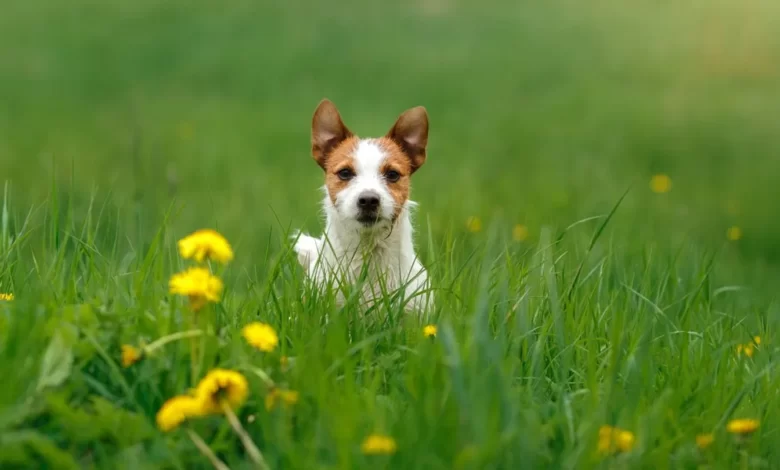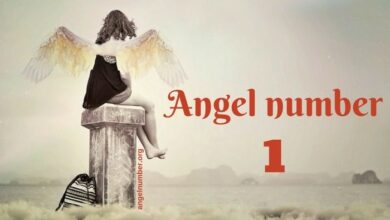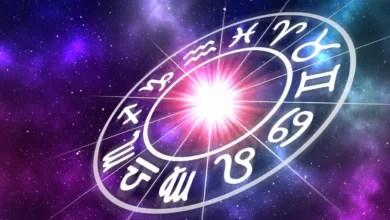
Animal Lucky Charms
Common Animal Lucky Charms
Exploring Animal Lucky Charms: I get a lot of requests for information and examples of lucky symbols. In response to these requests, I’ve written about lucky charms in lots of different forms…like animal lucky charms. From numbers to weather to actual symbols, there is deeper meaning in all things…and many times, that meaning is quite lucky. In fact, this is the second page I’ve written on lucky charms in the animal world
You might notice a similarity in all these lucky articles. In every post, I try to bring the concept of luck into perspective. I mean, we’ve all got our own personal ideas about luck and what it is. That’s great, but I think it’s important to realize what luck is not. It’s not the answer to all problems, and it certainly doesn’t work the we want it to all the time.
The best thing to keep in mind when it comes to luck is this: It’s all about attitude. Quite simply, if you think you’re lucky then most often that’s the case. Vice versa with the opposite. If you feel unlucky, chances are that feeling will be manifested more often than not. In essence, luck requires belief. You might say luck is open to interpretation.
“We should feel lucky just to have the privilege
to share this world with animals.”
~Avia
That’s pretty cool, because symbolism and symbolic meanings are open to interpretation too. It’s all open to what we think about luck and lucky charms. Even lucky symbols considered unlucky in various cultures are open to argument.
Take the owl for example. Lots of cultures consider the owl to carry some potentially negative connotations. But other cultures can’t say enough great things about the owl. So it’s important we are grounded in our own perception of lucky animals.
Let’s take other critters that are commonly maligned, or overlooked. Maybe a rat, a snake…or even maggots…you get my point. Even creatures who commonly have a so-called bad reputation can be lucky charms. Why? Because you make it so. If you think maggots are lucky – then they’re lucky. ‘Nuf said. -Doesn’t matter what anybody else thinks. Doesn’t matter what the world thinks. If you think maggots are lucky, your maggots are magically, marvelously lucky because you say so.
All that said, it stands to reason that everything in our world has the potential to be lucky or otherwise. So it also stands to reason these animals here aren’t the only lucky ones. Check out my first page on lucky animals for more examples. But also check out your own personal reference system for lucky charms.
Your personal reference system is comprised of your beliefs, your heart and your mind. These are the best gauges for determining what’s lucky and what’s not.
Common Examples Animal Lucky Charms
Bee:
Like I said…luck and animal lucky charms are up to personal interpretation. I mean, bees aren’t everybody’s favorite cuddle-bug. I’ve got a friend who is absolutely petrified of bees, and she runs away screaming at the first buzz. But in China the bee is lucky in career and business. This has a lot to do with the way the bee is super-industrious. You know the phrase “busy as a bee”. In Celtic iconography, the bee is a messenger from the gods. Specifically, bee sends messages from the Chieftain Oak, and the thunder god Taranis. Consequently, the bee is considered a messenger of good luck and good tidings. In some belief systems (Christian, Egyptian, Greek) the bee is lucky in new life. It’s a great lucky charm for expectant mothers, or women trying to conceive. Bees once had a reputation for immaculate conception. It was believed rather than lay eggs, they actually plucked their babies from the surface of flower petals. That, and the idea honey is like a sacred offspring of the bee connects it with luck in childbirth. Here are a few lucky superstitions surrounding the bee: If a bee flies into your home, and flies out of its own will – that’s good luck with family and friends. If a bee lands on your arm, it’s lucky in money matters. Wearing a bee lucky charm is said to insure good fortune and popularity.
Cat:
Cats as lucky charms may seem like an oxymoron. I mean, black cats are notorious for bad luck in superstitions. But if we look at the ancient Egyptians, we see the cat was not only lucky, but actually worshipped. In fact, it was a crime to intentionally kill a cat – a crime sometimes punishable by death (which is not very lucky for a cat-killer or the cat. Yikes!). In Norse mythology, the cat is lucky in marriage. This comes from the cat being a sacred symbol to the love goddess Freya. Cats pulled her chariot and were commonly depicted with Freya in Norse art. Certain versions of history say Freya was denounced as a witch by Christians attempting to abolish paganism/earth-worship. By association with Freya, cats too became symbols of demons in Christian religious iconography. Not lucky at all, but it’s one historical hint as to how cats are often viewed as unlucky. It’s also interesting that cats are depicted with witches in pop culture (like decorations at Halloween-time). In early tradition, the Japanese looked at the cat with mistrust and distaste. This perspective changed over generations. As lucky charms go, the Maneki Neko, or ‘Beckoning Cat’ is a modern example of how ideas shift over time. The Japanese Maneki Neko is often found in restaurants and businesses. It has one arm lifted and waving its paw, beckoning good luck. If the right arm is beckoning, then it’s symbolic of attracting luck in money. Left arm lifted means Maneki Neko is attracting customers and new business.
Dog:
My three sons, Gus, Kip and Chadwick are my dogs (don’t tell them, ’cause they’re pretty sure they’re human with two extra legs). I happen to think I’m the luckiest human in the world to have these remarkable dogs in my life. But, as mentioned, lucky charms are subject to personal and societal opinion. For example, take black dogs. Superstitions about black dogs range from omens of bad news to mentions of sorcery. In fact, if you look up adoption statistics from animal shelters; black dogs are the least often adopted. Personally, that makes me want to adopt every black dog on the face of this planet…but I digress. Overwhelmingly, dogs are lucky charms for protection. Wearing a silver dog charm is symbolic of purity and protection. A gold dog charm symbolizes loyalty, friendship and also protection. In many cultures, the dog serves as guardian of both the living and the dead. In Greek myth, Cerberus is a mammoth dog who guards the entrance of the Underworld. Dogs are often used as funerary statues to protect burial sites and the spirits of those who have passed into non-physical. In Native American legend, the dog is a hero because it brought both fire and rain to the earth. In China, the dog is lucky for friendship and strong relationships. Seeing a stray dog in Chinese lore indicates luck and money is coming soon. In Christianity, the dog is often depicted with the Good Shepherd which is symbolic of guidance, faithfulness and unwavering devotion. The Norse god Odin had two dogs (and two ravens also) that were his counselors and helped him make hard decisions. Interestingly, in almost all cultures who hold the dog as lucky, it’s also thought the dog is particularly powerful in protecting women and children.
Stork:
A long-standing myth describes a stork delivering babies to new mothers. This puts the stork as a lucky symbol for newborns and new mothers. The origin of this myth comes from early European earth-worshippers. They observed the stork pulling out goodies from ponds and lakes. Bodies of water were considered the womb of the earth. Hence the connection of the baby-bringing storks. Storks also migrate, and their return in Spring equates to new life born from winter. This also makes the stork a symbol of rebirth and resurrection. In many cultures, including Christianity, the stork was a lucky charm for warding off evil spirits. This is a result of the uncanny ability the stork has in hunting, catching and gobbling up snakes. Snakes are often considered bad omens, so a serpent-eating stork equates to protection. In Chinese lore, the stork is lucky for long life. They were believed to live 100s of years (in truth, they live around 70 years) in China, storks got the honor of stand-in symbols for longevity, good health and contentment in old age. In the Tao, the stork is even a symbol of immortality. In Egypt, storks were considered carriers of human souls. In Rome, the stork brought luck in love and family. Many myths indicate young storks feeding their parents. From there, storks are often symbolic of honor and respect for our elders and parents. In the Netherlands, if a stork builds a nest on your roof, that’s supposed to be extremely good luck for everyone who lives under that roof.
Closing Thoughts on Animal Lucky Charms And Their Meanings
As I mentioned at the start of this article on animals as lucky charms, the concept is flexible. There are tons of critters in our world that may represent luck and good fortune. Some of them are lucky because you might have assigned that meaning to them. Other animals get lucky because of their environment and circumstances.
Essentially, a whole community or civilization bestows the honor of ‘lucky’ to an animal. Whatever the case may be, luck is a fickle thing. It’s contingent upon who is observing and how the lucky charms are being observed. It’s all in the perception.
In closing, I hope you enjoyed this article on animal lucky charms in the animal world. If you liked this, check out the links at the end of this page. You’ll find lots more articles on luck and lucky symbols.
As always, thanks for reading!
My big wishes for your best luck in all ways,
Avia



